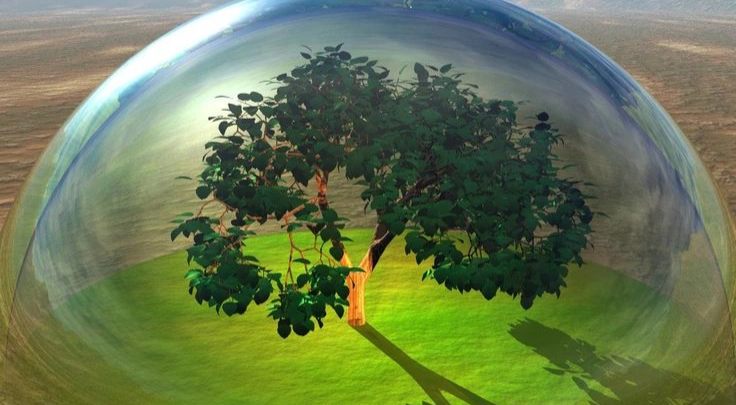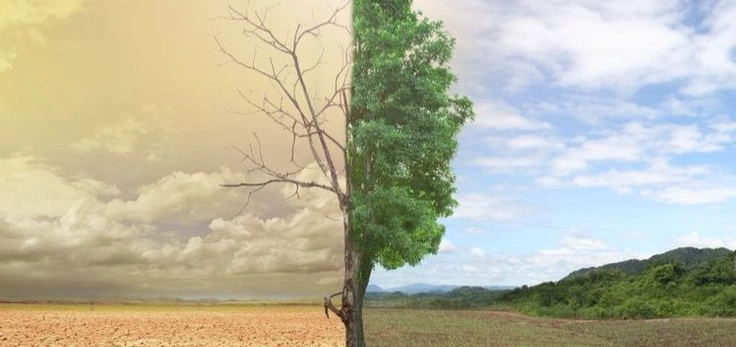Climate Change
Climate change refers to long-term alterations in temperature, precipitation, and other atmospheric conditions. While natural factors contribute, recent decades have seen human activity become the dominant driver—through burning fossil fuels, deforestation, and industrialization. As global temperatures continue to rise, the consequences are already being felt across the world.
Climate change is manifesting through extreme weather events—more frequent droughts, floods, wildfires, and hurricanes. Sea levels are rising due to melting polar ice, threatening coastal regions and island nations. Precipitation patterns are shifting, freshwater resources are diminishing, and agriculture faces increased stress, endangering food security. In vulnerable regions, climate disruption deepens poverty, accelerates migration, and fuels instability.
Ecosystems are particularly sensitive. As species struggle to adapt to changing environments, biodiversity loss accelerates. Coral reefs are among the earliest casualties of ocean warming, triggering a ripple effect throughout marine food chains. This biodiversity decline weakens ecosystems and their ability to absorb carbon dioxide.

Mitigating climate change demands urgent and collective action. Greenhouse gas emissions must be cut, renewable energy adopted, sustainable technologies developed, and consumer habits transformed. Global cooperation is essential: climate summits, like the Paris Agreement, must be followed by concrete commitments and effective enforcement.
Individuals also have a role to play: using energy-efficient appliances, reducing waste, consuming mindfully, and supporting climate-focused policies and initiatives. The future of our climate depends on the decisions we make today—in government halls, corporate boardrooms, and everyday homes.

Close